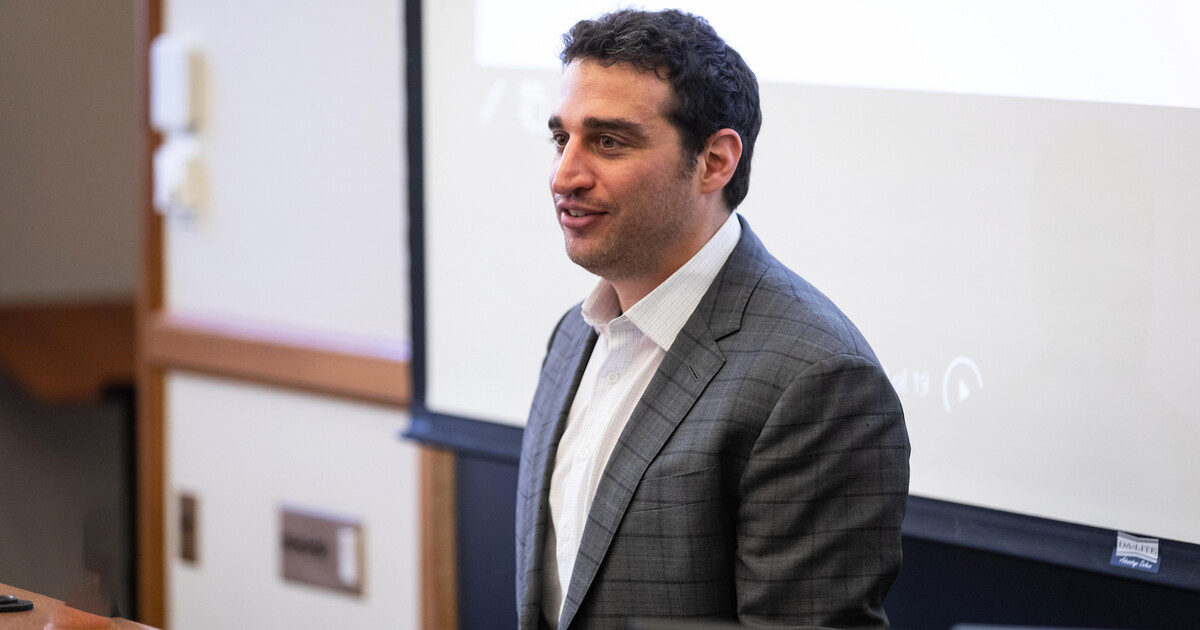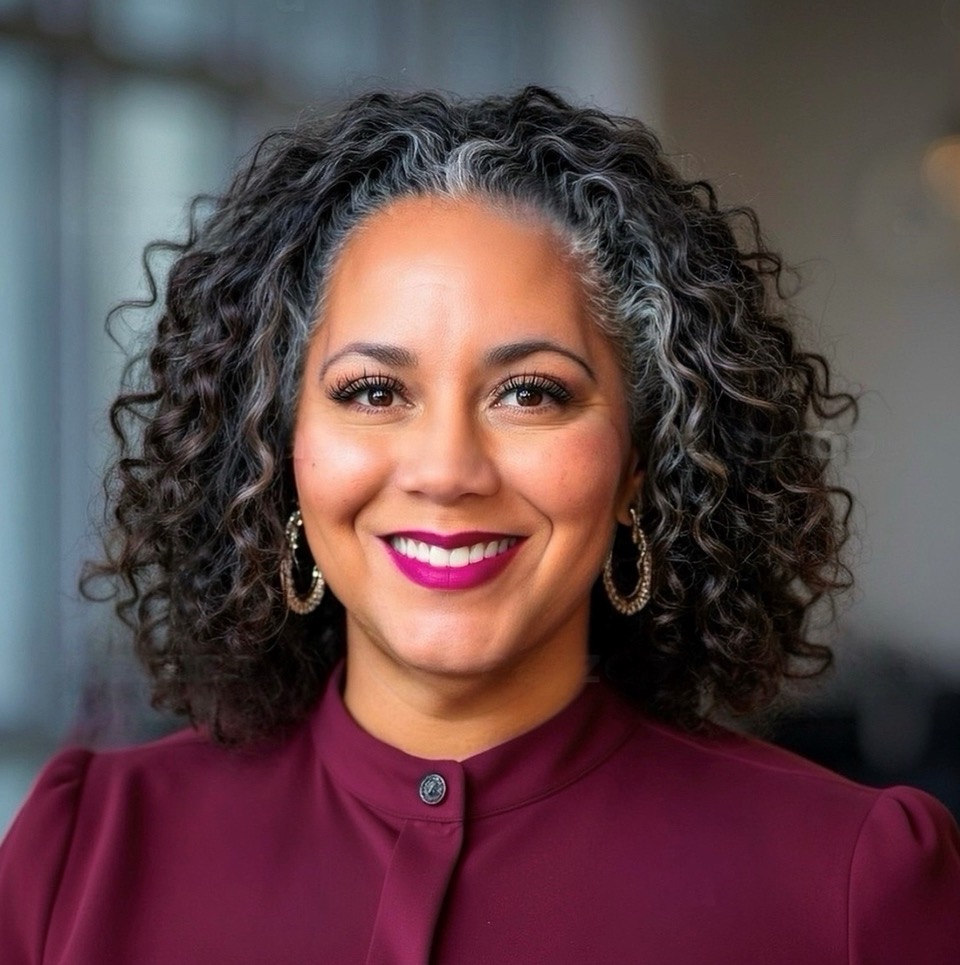The tragic death of political activist Charlie Kirk has ignited a heated discussion about the boundaries of free speech and the responsibilities of private organizations. Kirk, known for his controversial views and staunch support of the First Amendment, was killed on October 1, 2023, while advocating for the very freedoms he championed. His assassination has prompted widespread reactions, raising questions about the moral implications of celebrating such an act.
Kirk’s contributions to political discourse have made him a polarizing figure. While some viewed him as a defender of free speech, others criticized his rhetoric as divisive. Regardless of public opinion, his death underscores a critical point: the First Amendment protects individuals from government retaliation for their speech but does not compel private entities to endorse or propagate that speech. This distinction is essential in understanding the wider implications of his assassination and the reactions that followed.
Reactions to Kirk’s Assassination
In the wake of Kirk’s death, reactions have varied dramatically. Some have mourned his passing and condemned the violence, while others have expressed a troubling sense of celebration. This divide raises concerns about the civic discipline necessary for a functioning democracy. Celebrating the death of any individual, regardless of their beliefs, can undermine the very fabric of a society that values freedom and discourse.
Critics argue that such celebrations reflect a dangerous trend where dissenting opinions are not only rejected but also vilified. This environment can stifle dialogue and foster a culture of fear rather than one of open exchange. Advocates for free speech emphasize the need for respectful discourse, even when opinions clash.
The First Amendment is designed to protect a broad spectrum of speech, including unpopular and offensive ideas. This principle serves as a cornerstone of American democracy, allowing for a diverse array of viewpoints. As the nation grapples with Kirk’s legacy, the challenge lies in balancing the protection of free speech with the promotion of a respectful civic environment.
The Importance of Civil Discourse
The current discourse surrounding Kirk’s assassination highlights the importance of maintaining a civil society. Encouraging open dialogue and mutual respect is crucial, especially in politically charged environments. The deaths of public figures should not become rallying points for division but rather serve as reminders of the need for understanding and dialogue.
In a time where political polarization is pronounced, the focus should shift toward fostering an atmosphere where ideas can be debated without resorting to violence or cruelty. Upholding the values of the First Amendment requires not only defending one’s right to speak but also acknowledging the responsibility that comes with that freedom.
As society reflects on the tragic events surrounding Charlie Kirk, the call for a return to civil discourse resonates louder than ever. Celebrating or condemning individuals in absolute terms risks eroding the very principles that support a free and democratic society. The challenge ahead lies in honoring those principles while engaging in meaningful conversations that promote understanding across divides.






